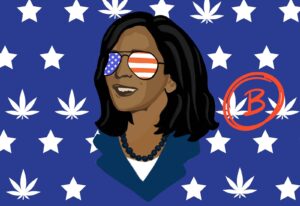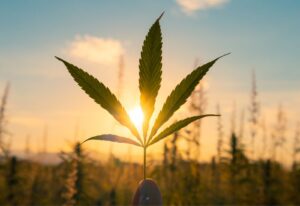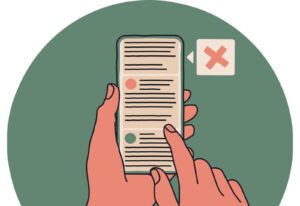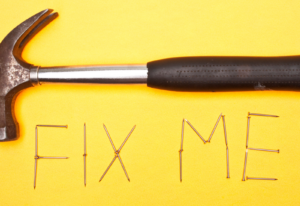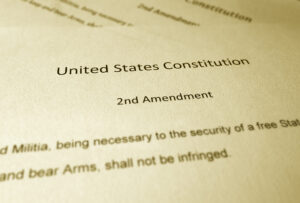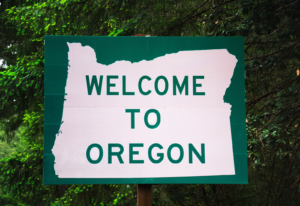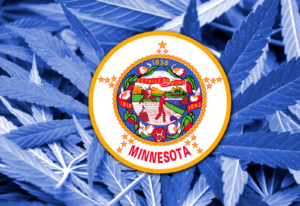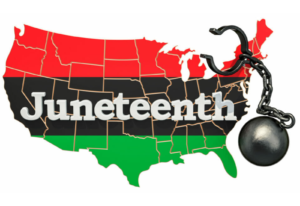Proposed social equity rule
Following Washington’s creation of the Social Equity in Cannabis Task Force during the 2020 legislative session, the Washington State Liquor and Cannabis Board (“LCB”) approved draft social equity licensing rules for cannabis licensees on August 3. The proposed rules would add section “570 Social Equity in Cannabis Program” to Washington Annotated Code (“WAC”) Title 314-55. The rule is aimed at granting retail cannabis licensing opportunities to people who have been disproportionately affected by the War on Drugs, and could go into effect as early as September 28.
The rule contains eligibility criteria and application scoring criteria, each attempting to identify the most disproportionately affected and ensure they receive the highest chance of being approved. Unfortunately, certain elements of the rule create cause for concern, or at least confusion. As discussed below, my concern is that if unchanged, parts of the rule are likely to harm the very people it is intended to benefit.
Social equity eligibility criteria
To qualify, a WA resident must hold at least 51% of each social equity retail license applicant and the person or persons making up the applicant must meet at least two of the following qualifications:
- the applicant has lived in a Disproportionately Impact Area (“DIA”) in WA for a minimum of 5 years between 1980 and 2010;
- the applicant or a family member of the applicant has been arrested or convicted of a cannabis offense; or
- the applicant’s household income in the year prior to submitting the application was less than the median household income within the state of Washington.
DIA’s are defined as “areas of high unemployment, low income, and demographic indicators consistent with populations most impacted by the war on drugs, including areas with higher rates of arrest for drug charges.” Interestingly, while the scoring system below identifies individuals convicted of a “drug offense” and allocates points to the application respectively, the initial eligibility criteria above do not. It appears then that a prospective applicant with a non-cannabis drug conviction must meet the DIA and household income requirements, while cannabis specific convictions may qualify with one or the other.
Section 570 creates a scoring system to rank Social Equity Applicants (“SEA’s”) based on 12 factors, and where applicable give an applicant a certain number of points.
| Social Equity Application Scoring Rubric | |
| Eligibility requirements | Point Scale |
| 1. Lived in a disproportionately impacted area (DIA) | 40 |
| 1a. How long have you lived in a DIA?
5y-10y = 10 points 10+ years = 20 points |
40 |
| 2. Convicted of a drug offense? (Self) | 10 |
| 2a. Convicted of a cannabis offense? (Self) | 40 |
| 3. Convicted of a drug offense? (Family) | 5 |
| 3a. Convicted of a cannabis offense? (Family) | 5 |
| 4. If you were convicted of a cannabis offense, what type of sentence did you receive:
Fine = 10 points Served probation = 20 points Confined to home = 40 points Served time in jail or prison = 80 points |
80 |
| 5. Did you or your family member’s incarceration keep you from getting employment? | 5 |
| 6. Did you lose your home or ability to purchase a home or rent a home as a result of your convictions or arrests? | 5 |
| 7. Is your household income less than the median household income within the state of Washington as calculated by the United States Census Bureau? | 40 |
| 8. Did you own or operate a medical cannabis dispensary or collective garden, licensed as a business, prior to July 1, 2016 (10 points)?
Or Did you own and operate a medical cannabis dispensary or collective garden licensed as a business in a DIA (30 points)? |
10
30 in DIA |
| 9. Have you held or do you currently hold 51 percent majority/controlling interest of a state cannabis (marijuana) retailer license?
No = 10 points Yes = 0 points |
10 |
| Total Points (out of 310) | |
The scoring criteria are a bit odd. Serving jail or prison time for a drug offense gives a social equity applicant the most points, and that seems completely reasonable, so “well done” to the rule makers on this criterion. However, losing a home or ability to work as a result of a conviction or arrest is worth only 5 points; while having a household income lower than the Washington median is worth 40. This makes much less sense to me. I have to admit this is far from an easy task, but aspects of the point system seem oddly calibrated.
Application process
The application process will open for an initial period of 30 calendar days, but the LCB may reopen the application window at its discretion of licenses remain available. The application must be submitted electronically and must submit all of the required information within the 30-day window, which can be found in the proposed rules. An applicant may only apply once during each window. The licenses will be limited to specific counties and third-party contractors called “social equity contractor(s)” will perform the initial review and scoring of these applications. The LCB will then process applications with the highest scores. Ties will be broken with a “double blind lottery” conducted by an independent third party.
Applicants must also submit a social equity plan detailing how the licensee will meet social equity goals, and a “business plan involving partnerships or assistance to organizations or residents with connections or contributions to populations with a history of high rates of enforcement of cannabis prohibition.”
It is unclear whether these social equity plans will be taken into consideration by the Board when determining which applicants will be issued licenses. Sadly, requiring these plans as part of the application process is unlikely to result in the most disaffected people getting the licenses. What is likely to happen, is that applicants who can pay consultants and attorneys to draft these social equity plans will get more of the licenses. This element of the rule feels counterproductive to its mandate, to say nothing of its criteria being highly subjective and therefore difficult to apply equally to each application.
License Restrictions
The LCB is not creating new licenses for the social equity allowances. It is taking licenses that have been cancelled or revoked and repurposing them for use in this program. This is in the spirit of the LCB’s current moratorium on issuing new Washington cannabis licenses. Unsurprisingly, there will be more restrictions on social equity licenses than on adult use cannabis licenses, which in WA is saying something indeed. Among the restrictions are:
- No ownership changes to the application are allowed after it has been reviewed;
- No change of location outside of the county in which the license is initially issued;
- No license transfer or assumption is allowed within the first year of issuance and all social equity licenses may only be transferred or assumed by a person or persons who meet the definition of a social equity program applicant for 5 years from the date the license is approved.
The transferability restrictions in particular, like many of Washington’s cannabis laws, are likely to cause heartburn down the road. Initial, short-term restrictions and reservations may make some sense for purposes of ensuring the people intended to benefit from the rule do indeed benefit from it. However, limiting a social equity licensee’s ability to sell their license in the future to anyone but a person who also qualifies for the license makes no sense.
If unchanged, social equity license holders will be the ones who lose as a consequence of the transferability restrictions. The restrictions on license transfer severely limit licensees’ ability to sell their businesses. Many licensees will build their businesses into prosperous enterprises and this rule knee-caps their ability to sell them in the already highly (and unnecessarily) restricted WA market. Licensees will be forced to offer their businesses for sale to applicants who by definition likely have low household income, and therefore may have difficulty with affording the sale price and securing or qualifying for financing. Social equity licensees should be free to sell their business to whomever they chose. Requiring them to do otherwise is counterproductive, serves no legitimate purpose that I can see, and is likely to be challenged in a lawsuit.
There are still a few Board meetings with stakeholders that will take place before the end of the month (the earliest the rules could become effective). We’ll be monitoring developments and if something changes, we’ll be writing about it here.
Need Help With Washington Cannabis Law?











